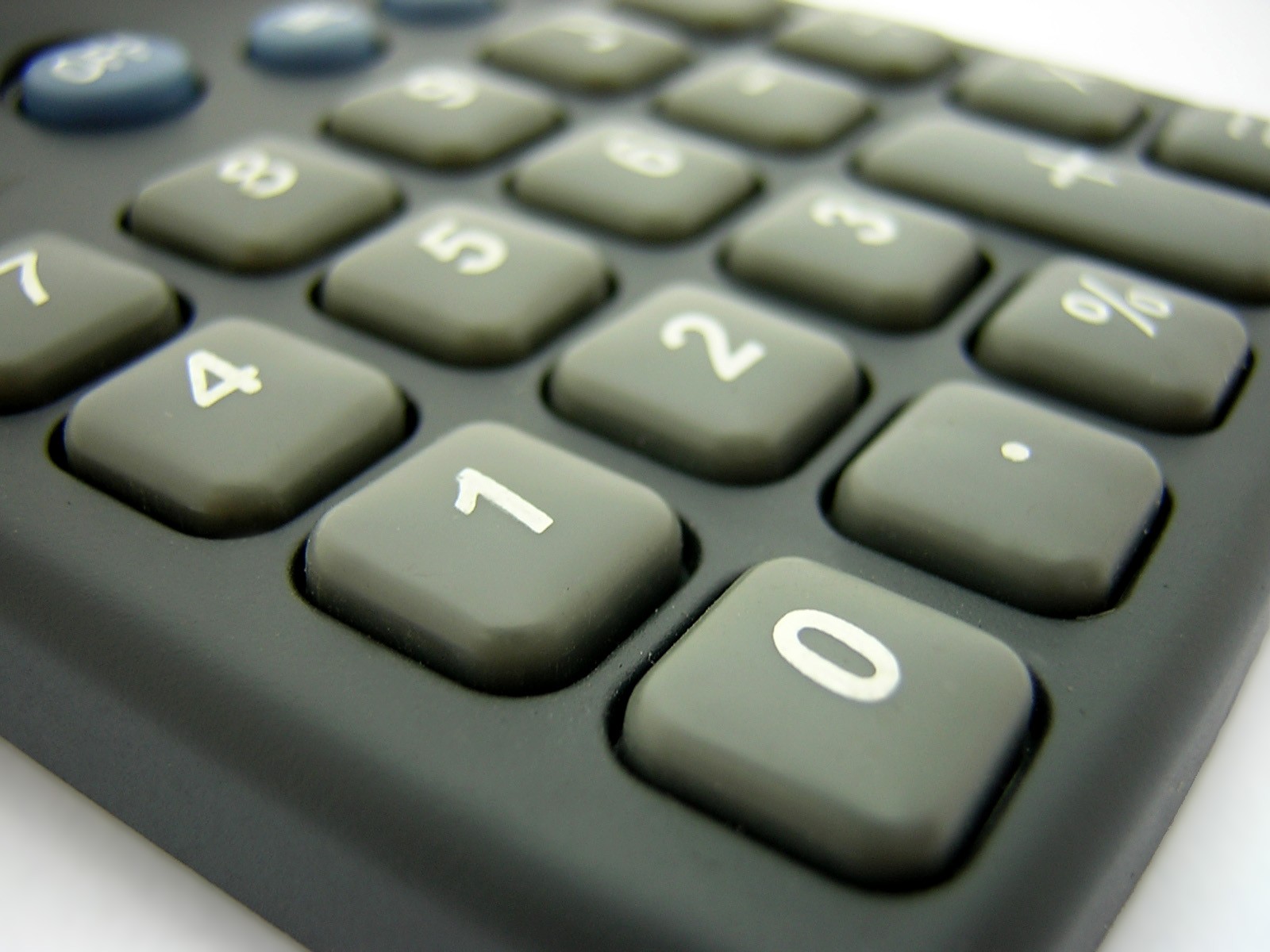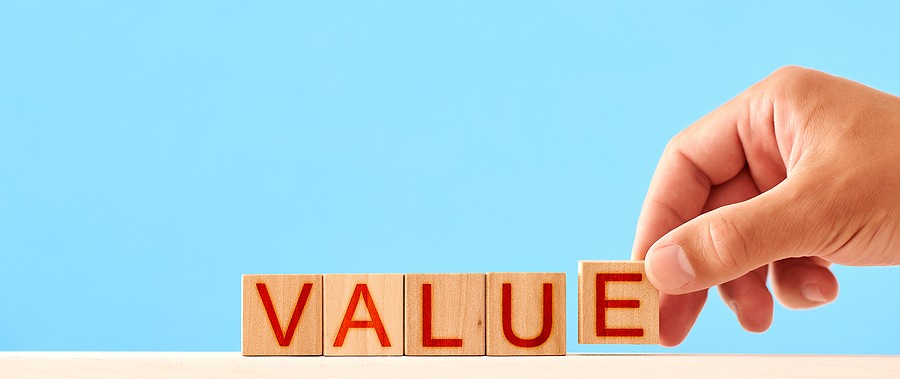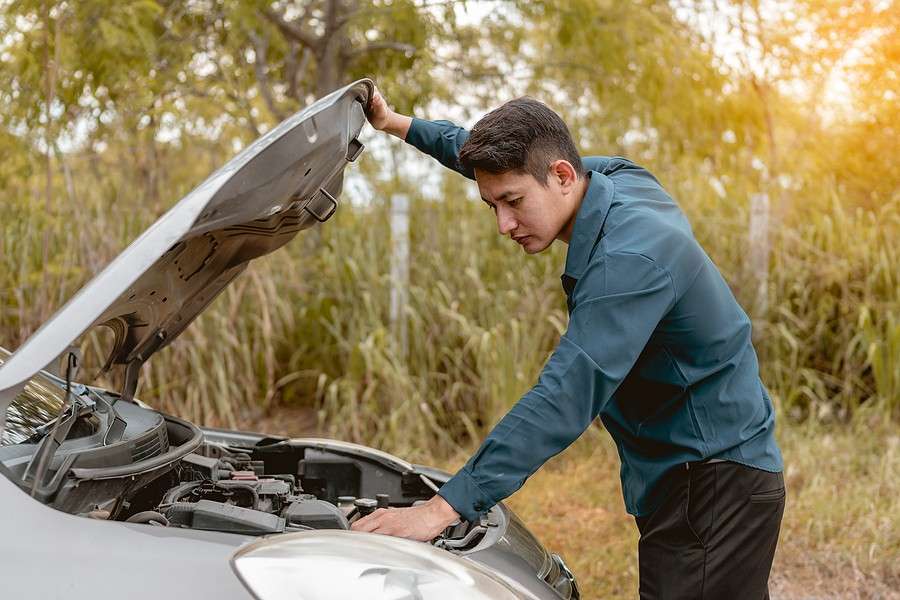If you're wondering, “how does the condition of my car affect its price?” The short answer is that your vehicle's condition reflects how well you've been taking care of it. Therefore, the buyer will look into your vehicle's cosmetic and mechanical conditions to determine its value.
If you're planning to sell your vehicle, you need to understand that the vehicle's condition has to do a lot with the money you'll get out of this car. The condition tells a whole story about the ownership of this vehicle and whether the buyer should go ahead and purchase your vehicle with the asking price.
This article helps you understand how the vehicle condition impacts your overall price and provides you with additional recommendations on how to improve the condition of your vehicle so you can boost your chances of receiving the maximum profit.
What is the condition of a car?
Before we dive into the details of your question about how the condition of my car affects its price, we must clarify the meaning of a car's condition. A lot of people might have a partial understanding of what it means when we refer to the term car condition.
Typically, the vehicle condition indicates the overall appearance of your car. In other words, it considers the overall cosmetic look of the vehicle, including the interior, exterior, paint, etcetera. In addition, it also considers some of your vehicle's mechanical factors.
For example, if you have a good engine, it indicates that you've been taking good care of the vehicle and you've been implementing oil changes on time, and that's why your engine is still working at a certain mileage threshold. But, of course, if the engine doesn't work, it indicates that your vehicle is in bad condition, and that's where you start getting the lower offers and below what you're looking for.

How does the condition affect the price of a car?
When the buyer comes to purchase your vehicle, the first thing they will look at is the vehicle's condition. After that, they will ask questions about your vehicle's overall cosmetics by looking at the vehicle photos or asking you direct questions. They might also check on the mechanical issues in your vehicle to get an overall understanding of the vehicle's condition.
From the buyer's perspective, the vehicle condition reflects how much you've been taking care of your vehicle. So, in other words, if the vehicle looks good in cosmetics, it means that you were putting some effort into making this vehicle look good, and it also reflects that you've been putting some effort into taking care of others what's under the hood.
Also, if you have some proof that you've been performing regular maintenance, it indicates that the vehicle overall is in good shape. In that case, the buyer can provide you with the payment you want. So, you'll need some effort to collect all the evidence supporting your case for why you're asking for this price for your car.

How to evaluate the condition of a car?
It's important for you as a driver to understand how to evaluate the vehicle's condition. As we mentioned, two components are involved in any vehicle condition: cosmetic and mechanical. Here are some details about each component, along with how you can evaluate the condition of your vehicle based on each component:
1. Cosmetic condition
As the name suggests, the cosmetic condition refers to your vehicle's appearance. In other words, if the vehicle generally looks good and has no major problems, it indicates that it is in relatively good condition. Typically, to evaluate the concentric condition of your vehicle, you'll need to look for the following signs:
- Any signs of potential dents or bad body damages
- Paint quality
- Interior condition and any missing components
- Rust or corrosion around the different components of your vehicle
Once you perform this evaluation, you can immediately realize whether your vehicle is in good shape. For example, if you notice a lot of rust surrounding the vehicle, it needs that your vehicle is not in good condition, and that might impact your price significantly.
2. Mechanical condition
The other thing you want to do is look at the mechanical condition. Again, this requires discussing with your mechanic because you may only have good knowledge about whether your vehicles are in good shape or not if you have an idea before.
Some of the things that you might go out to look at include the following:
- The engine
- The transmission
- The suspension system
- The brakes
The more components you look at, the clearer the picture is for you regarding your vehicle's condition. Your mechanic can give you a general sense of whether your vehicle is in good shape or not in terms of mechanical problems.

How to improve the condition of a car?
Since the vehicle condition has to do a lot with the overall price of your car, many people feel disappointed and discouraged from selling their vehicles just because the condition could be better. However, there are some things you can keep in mind and utilize to extend the lifetime of your car and increase its price so that when you're ready to sell it, it's not losing a lot of its value.
Some recommendations by automotive experts:
1. Regular maintenance
The most critical thing to focus on is regular maintenance. Every vehicle should have a vehicle owner's manual that details what Maintenance you need to implement at what frequencies. For example, you'll find details about tire rotations, oil changes, spark plug changes, etcetera.
It is very important for you as a driver to implement this required maintenance every time it's due. The more you implement them, the less likely your vehicle will deal with major problems and the early stages of its lifetime. On the other hand, if you ignore this maintenance, you can easily deal with major problems in your vehicle before they are due.
2. Cleaning and detailing
In addition to keeping up with regular maintenance, you must be careful about how you use your vehicle and clean it up. Many people might understand the value of cleaning up your vehicle, but that's very important.
According to recent research, automotive experts were able to show that the people who take care of their vehicles and clean them up regularly tend to have longer lasting cars than others.
Think about it this way, if your vehicle has a lot of dirt that impacts the exterior of the car, and this dirt includes some chemicals that got to the metal frame of your vehicle, what will happen?! So, therefore, you must clean your vehicle and follow the recommendations about what material and chemicals to use so you don't harm the car while cleaning it up.
3. Repairs and upgrades
Finally, if you're ready to sell your vehicle and can't invest a little bit in fixing some problems, you should do so. In other words, if your vehicle has a minor dent or rust on the exterior, spending the time and effort cleaning this boosts your chances of receiving a higher offer from your potential buyer.
It's important that before you invest in repairing your vehicle, you understand how much over-repair is OK. In other words, you want to spend less than thousands of dollars trying to replace a failed engine to help yourself get a higher offer for your vehicle.
Most of the repairs should be focused on minor repairs that only take a little money and effort from you. You should check with your mechanic and see what's reasonable in terms of repairs and what's too much before you spend the money trying to fix this car.

Final thoughts
Your vehicle's condition is a core component when it comes to evaluating the final price of your car. That's why it's critical for you as a driver to understand how this condition impacts your vehicle and what needs to be done to extend the lifetime of your car and still achieve the maximum price out of your vehicle once you're ready to sell.
This article provides a detailed summary of how the condition of your vehicle impacts its value. It broke down the condition into two important categories: the cosmetic and mechanical conditions that you need to focus on when evaluating your car and putting it for sale.
It also summarized recommendations by automotive experts to help you increase your chances of receiving a higher price for your vehicle by implementing certain tips and tricks to help you boost your chances.
If you want to sell your vehicle and get the maximum profit paid for similar vehicles in your area, call a cash car buyer! At cash cards buyer, we evaluate your vehicle and compared it to recent transactions in your region, and that's why we guarantee to provide you with the best offer your vehicle can make in your area!
Do you have any more details? Call our team at 773-791-4363!



